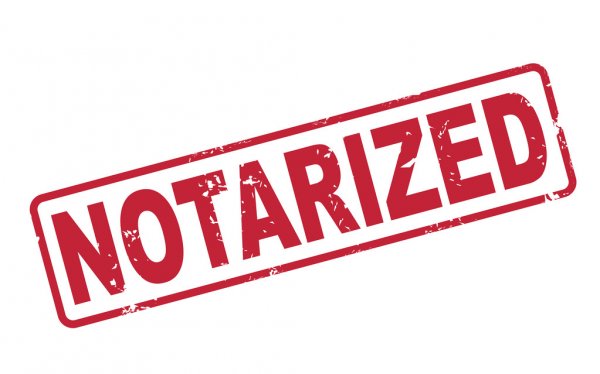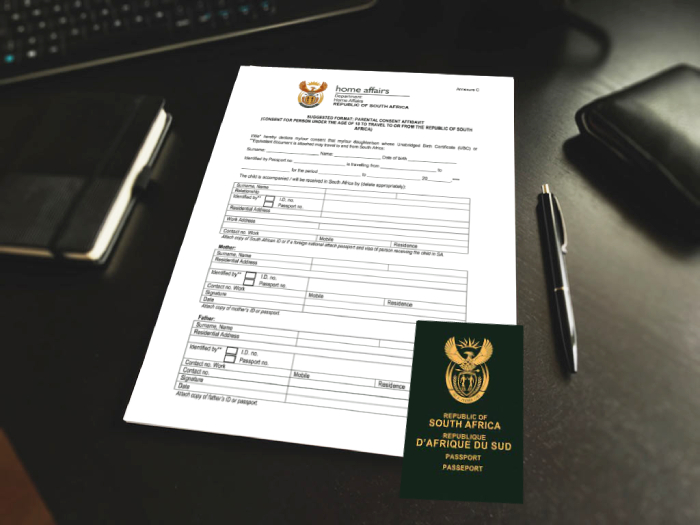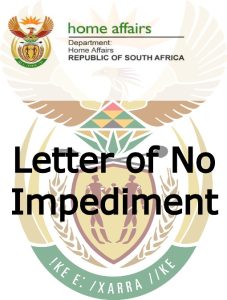Legalisation of South African documents is a process that certifies their authenticity for use abroad. As international relations become more intense and diverse, the need for legalisation of various South African documents increases. The legalisation of documents makes them valid in other countries and allows them to be used in a variety of situations – from study and work to family matters and business transactions.
This process may include the affixing of an apostille or consular legalisation. Depending on the purpose of the document and the country in which it will be used, different types of legalisation may be required. In this article, we will look at the most common South African documents that are often legalised and what is involved in the process.
The main types of South African documents that require legalisation.

Personal documents
- Birth certificates
Birth certificates often require legalisation to confirm identity when applying for citizenship, registering a marriage or studying abroad.
- Marriage certificates
The legalisation of a marriage certificate is required when changing marital status in another country, to confirm marital relations and to apply for a visa for a spouse.
- Divorce certificates
Divorce certificates are legalised to confirm the end of the marriage in the event of remarriage or to resolve custody issues abroad.
- Death certificates
These documents often need to be legalised in order to settle inheritance cases or to transfer the remains of the deceased to another country.
- Police clearances
Organisations, companies, schools and other bodies outside South Africa will often request the apostille for Police clearance certificates as part of their vetting criteria.
Educational documents
- Diplomas and Certificates
The legalisation of these documents is necessary to confirm the level of education when applying to educational institutions abroad or when applying for a job.
- Certificates and Statements
These include various course and professional certificates that are legalised to recognise qualifications outside of South Africa.
Documents related to employment
 Work certificates
Work certificates
Legalisation of work certificates is required to confirm work experience when applying for a job abroad.
- Contracts and agreements
The legalisation of work contracts and agreements is necessary for the official recognition of employment relationships abroad.
Commercial and business documents
- Statutory documents of companies
They include CIPC certificates, articles of association, which are legalised for the registration of branches or subsidiaries abroad..
- Banking documents
Banking documents include financial statements and audit reports that are legalised for opening bank accounts or attracting investment.
Judicial and legal documents
- Court decisions
Legalization of court decisions is necessary for their execution abroad or recognition of legal rights.
- Notarial deeds
These include powers of attorney and wills, which are legalised in order to be recognised as valid in another country.
Medical documents
- Medical certificates
The legalisation of medical certificates is necessary to confirm the state of health during immigration or employment..
- Vaccine certificates
These include vaccination cards, which are legalised to confirm vaccination when travelling to countries with special requirements.
The process of legalising documents in South Africa
Apostille
An apostille is a simplified form of legalisation used in countries that have signed the 1961 Hague Convention, to which South Africa is a signatory. The apostille is affixed to the original document or its certified copy and certifies the authenticity of the signature, the position of the person who signed the document and the seal or stamp.
Consular legalisation
For countries that do not participate in the Hague Convention, consular legalisation is required. This process is more complicated and involves several stages:
- Notarisation of the document.
- Certification by the Department of International Relations and Cooperation (DIRCO)
- Legalisation at the consulate of the country where the document will be used.
Legalised documents often require translation into the language of the country in which they will be used. The translation must be carried out by a sworn translator.
The legalisation of documents is an important process necessary for them to be recognised as valid abroad. Regardless of the type of document, whether it is personal, educational, commercial or legal, it is important to follow the correct legalisation procedure to avoid delays and problems. Seeking professional services, such as those offered by Global Apostille’s Legalisation Services, will greatly simplify the Apostille process and ensure that your documents are properly validated for international use. For more information, please contact us at: Tel: 012 348 3134; Mobile: 081 347 6060; Email: info@apostillelegalisation.co.za.



 Work certificates
Work certificates






